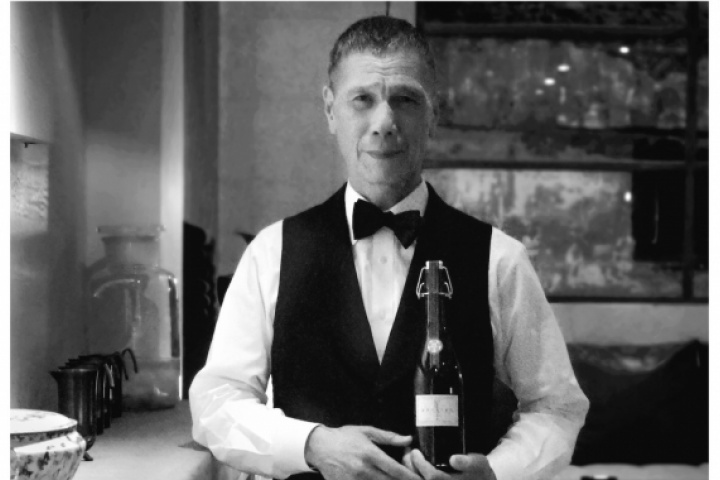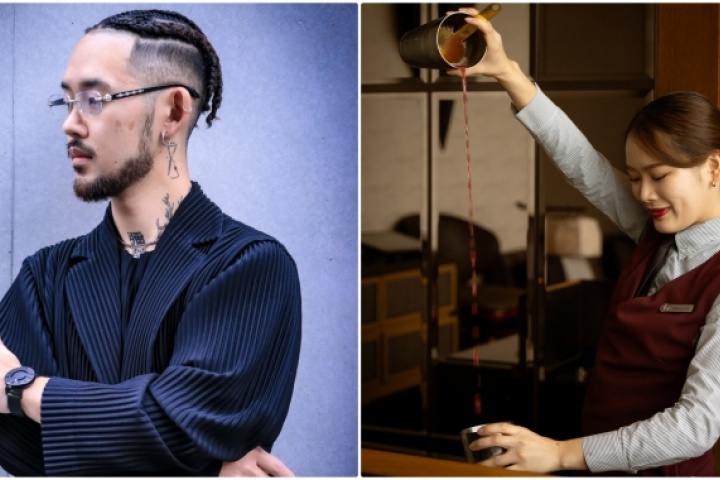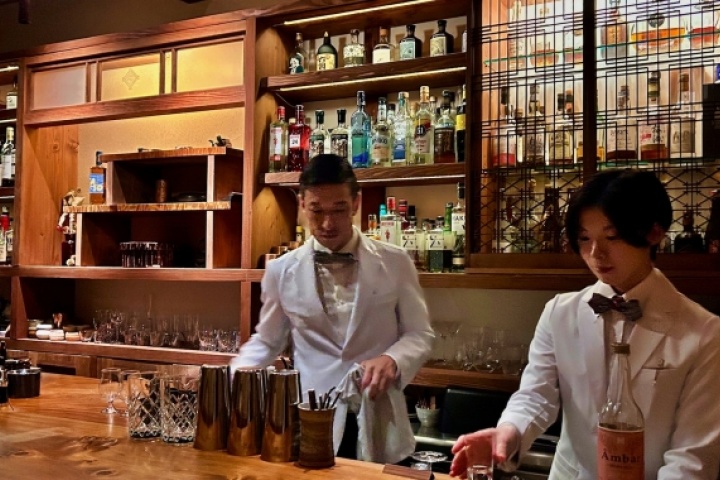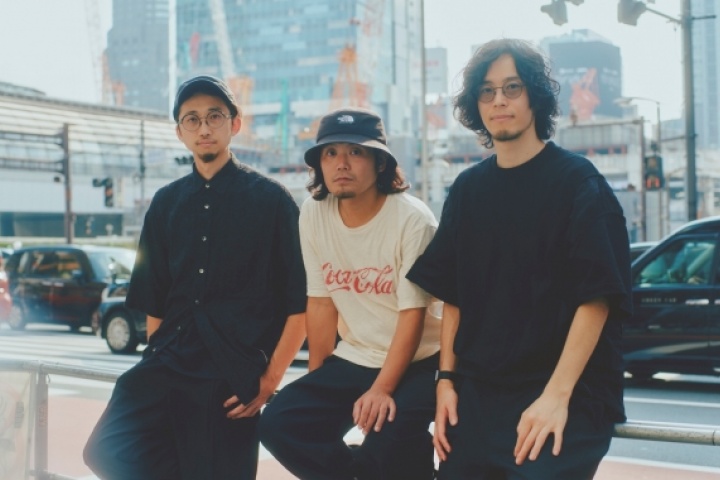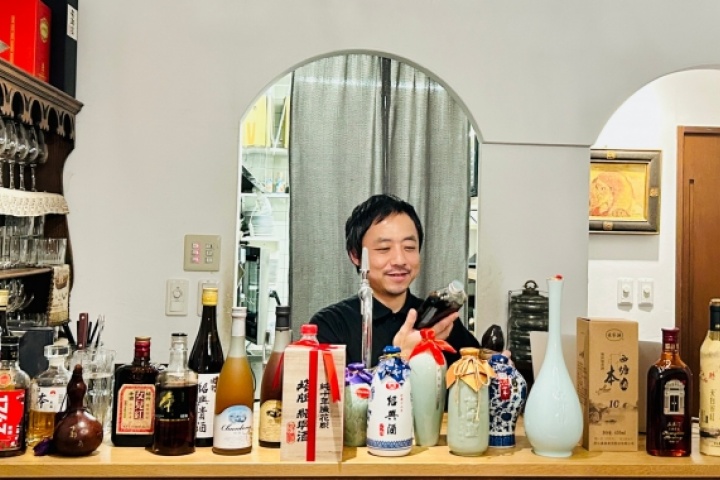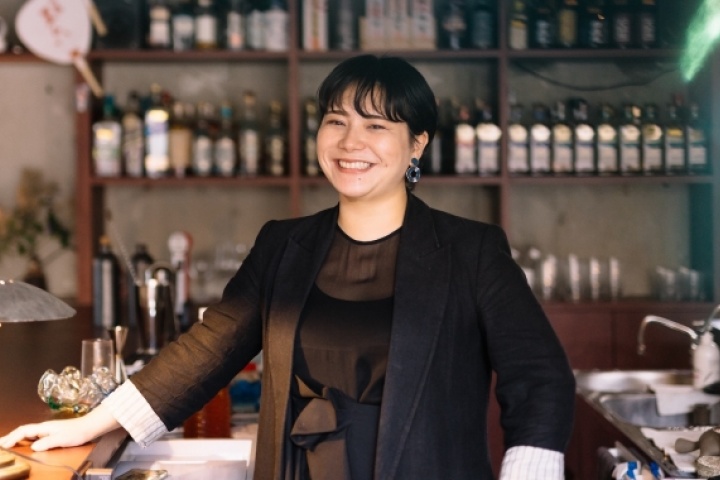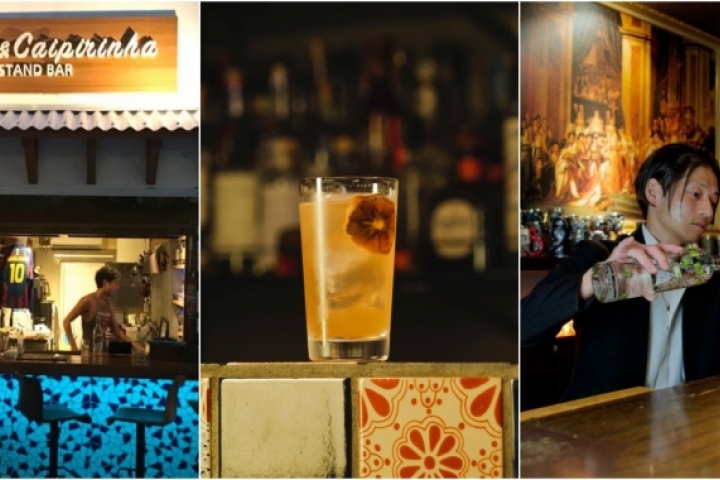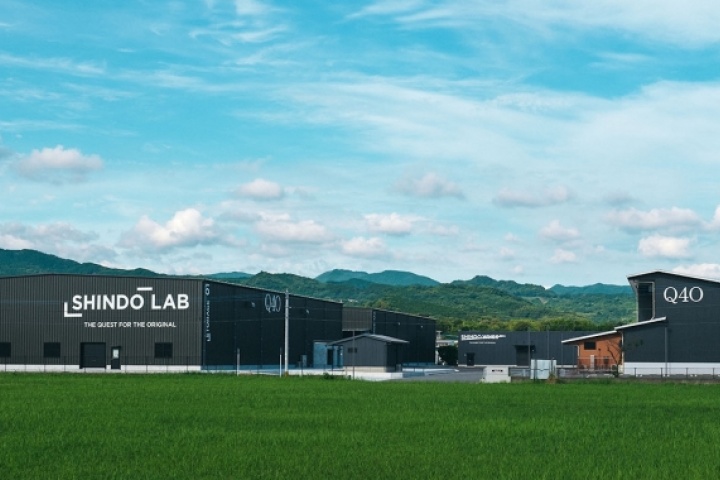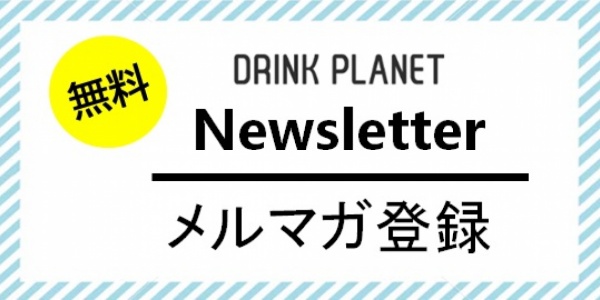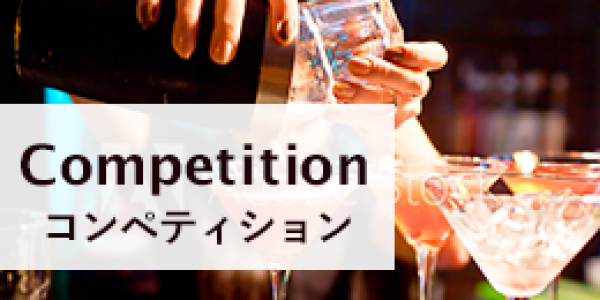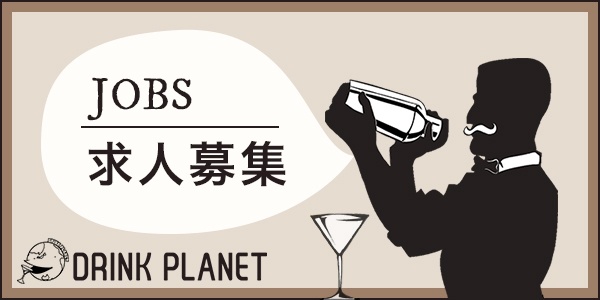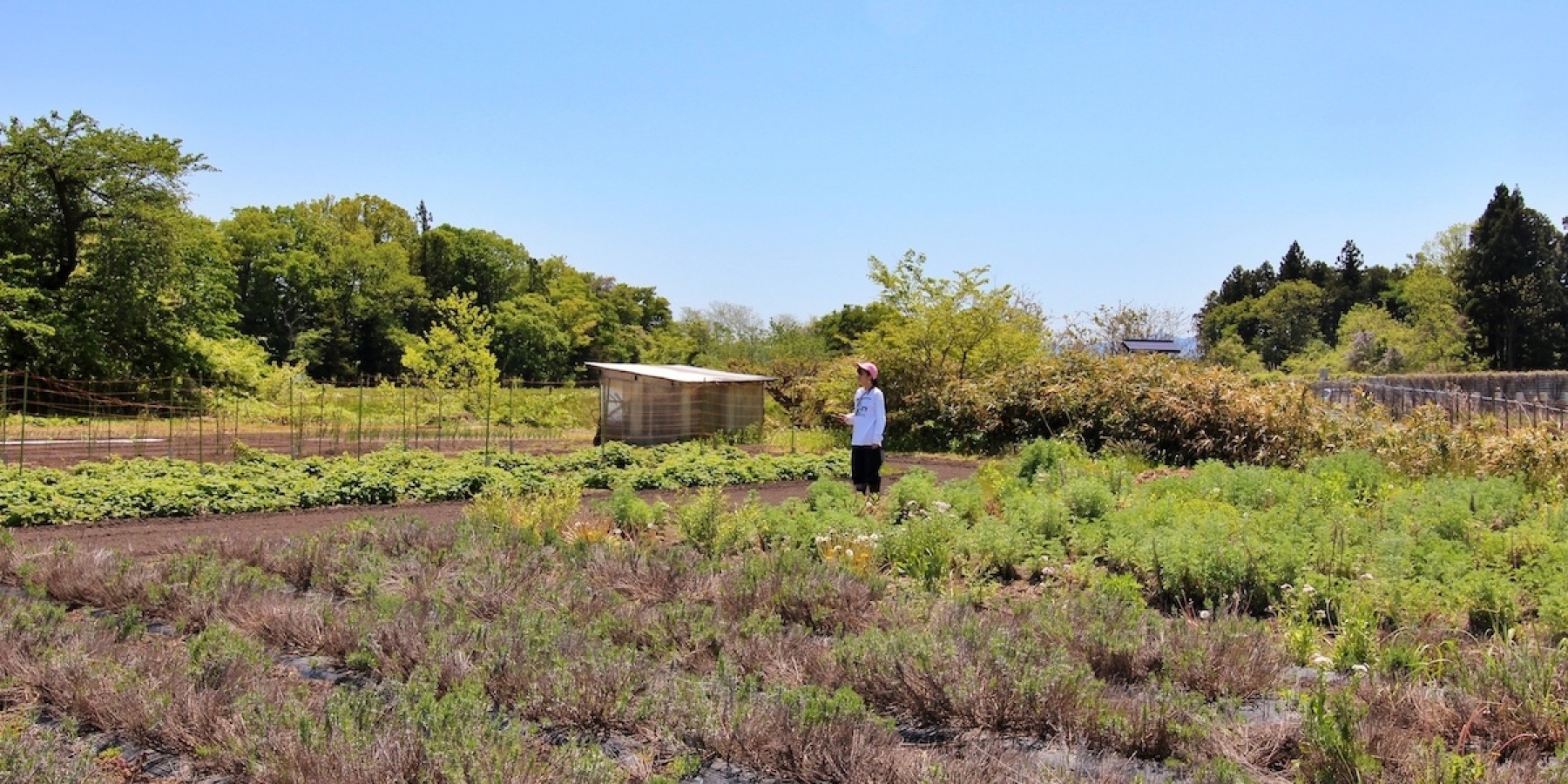
PICK UP
A gateway to Western liquor culture?
The future of craft liqueurs in Iwate.
- Part 2 -
#Pick up
Oikawa Kazuma/老川和磨 from「KANRGASAKI Herb Distillery」
writer:Ryoko Kuraishi
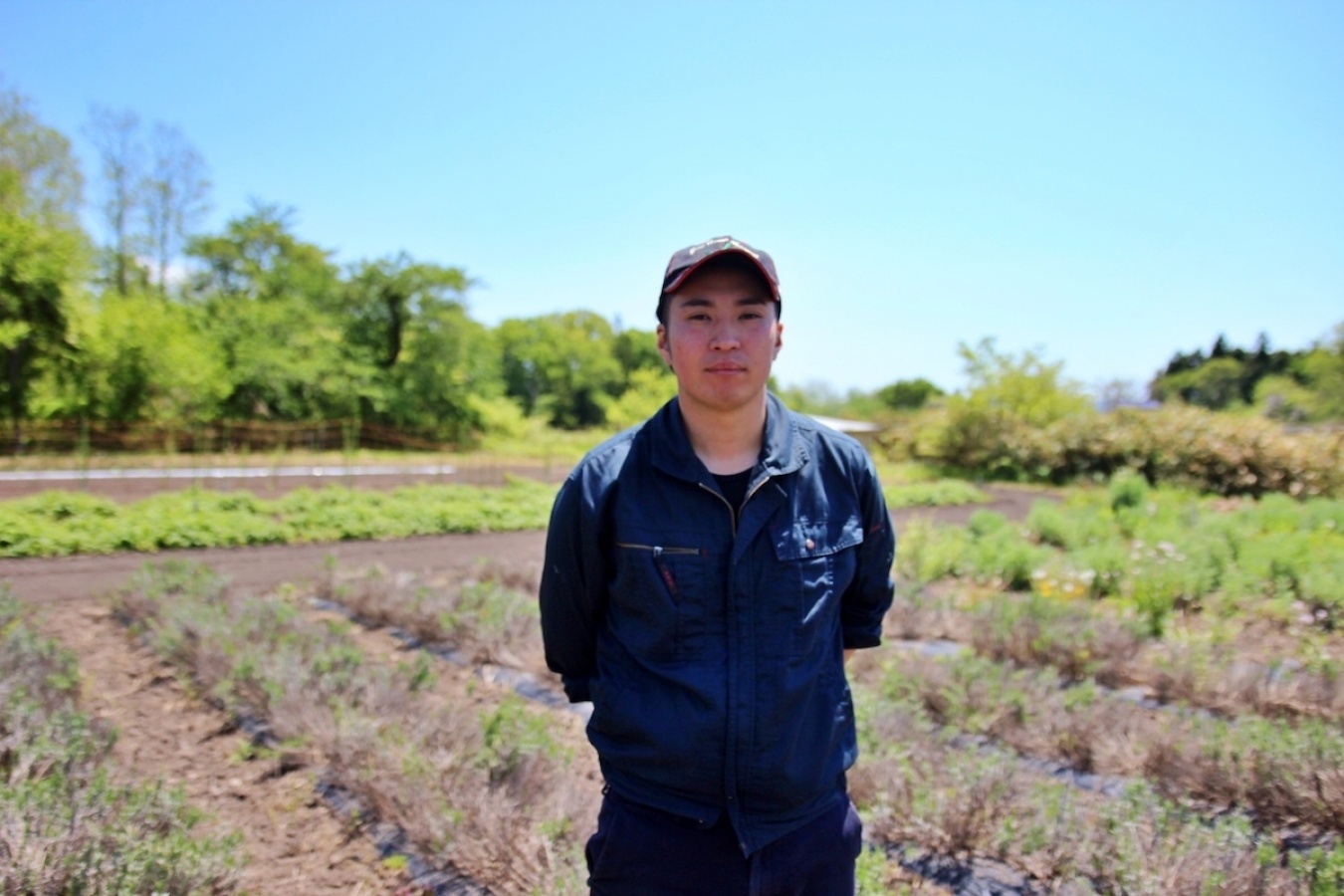
Mr. Oikawa is responsible for everything from cultivating and growing the fields to harvesting, preparation, production and sales.
Mr Kazuma Oikawa, founder of the Kanegasaki Yakuso Distillery, was born in Kanegasaki and moved to Tokyo at the age of 18, initially working in the music industry.
His interest in Western-style alcohol was sparked by a taste of vermouth he had at a jazz bar he visited through a musical connection.
The bitterness, aroma and lingering taste shocked him for the first time, and he began visiting various bars.
As he tasted vermouth and other herbal liqueurs, he decided to become a bartender to further deepen his knowledge and experience of Western liquors.
However, since he started his career in a shot bar, he did not have many opportunities to use liqueurs.
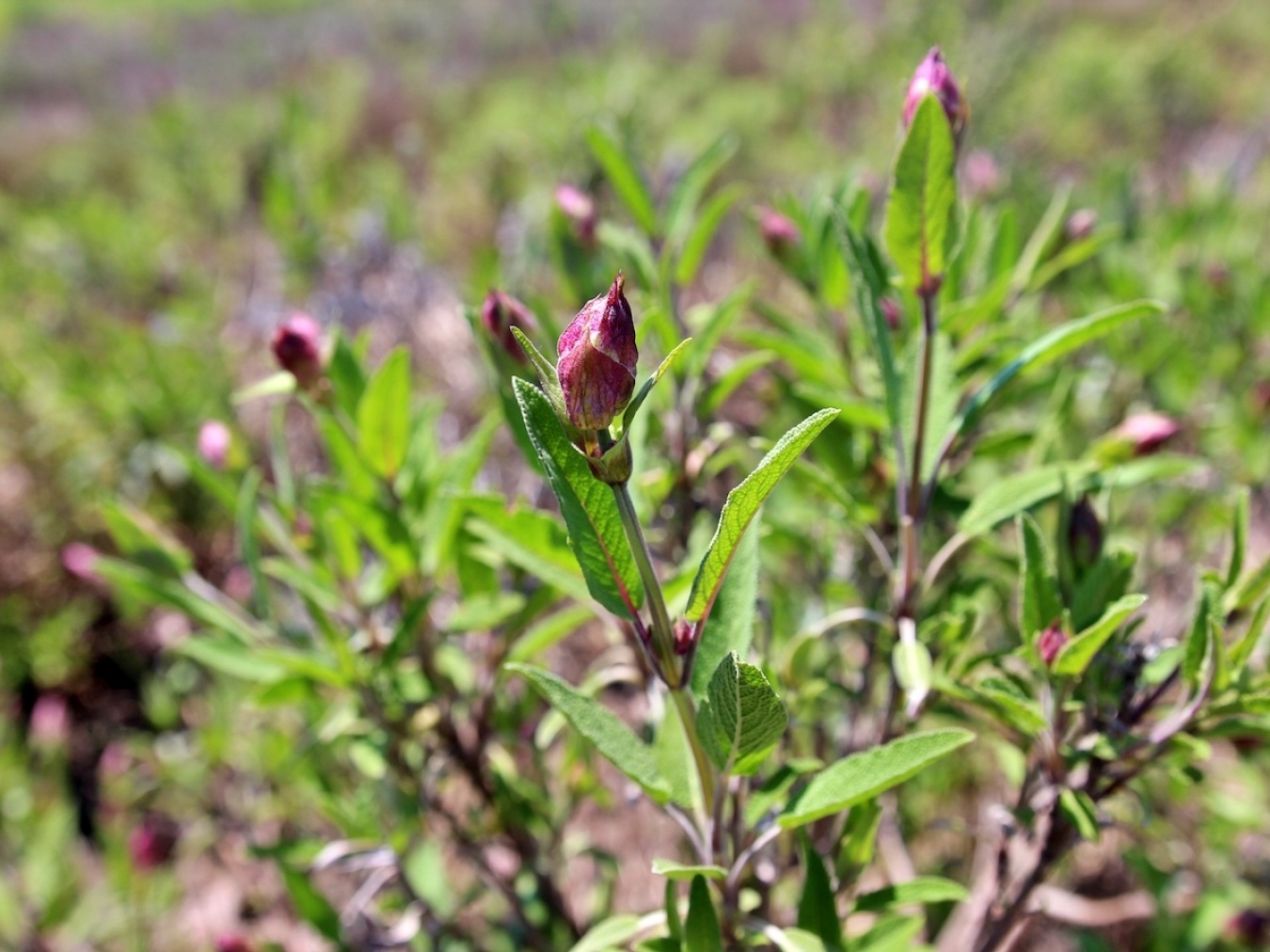
These are sage buds. The brewery's own garden is currently growing about a species of herb. 'If medicinal herbs and herbs become famous, they could become a town industry. We will do our best so that eventually Kanegasaki will be recognised as a town of medicinal herbs and herbs!'
Japan to Vancouver.
It was in Vancouver, where he lived on a working holiday, that Mr Oikawa was introduced to authentic cocktail-making.
'Ten years ago, I got a position at the waiting bar of a local Japanese restaurant, where I was baptised in craft cocktails and mixology.
In Japan, I mainly made classic cocktails like gimlets and martinis, so it was incredibly refreshing to make cocktails with originality using homemade ingredients. It made me realise how interesting the bartender's job is."
Because liqueurs were expensive in Vancouver, the bar where he worked was limited in what it could use.
So he began researching ingredients and creating unique cocktails by inventing his own sub-ingredients. In particular, his Japanese-style cocktails using ingredients such as shiso and yuzu were well received.
After moving from Vancouver to New York, she returned to Tokyo in 2017.
In the years away from Japan, the culture of mixology has taken root in the Japanese bar scene, with unique bartenders such as Nagumo-san and Shikayama-san leading the scene. ......
Takuma Watanabe of Angel's Share (at the time) taught him about this bar scene during his stay in New York, and he returned to Japan with a desire to "relearn Japanese bartending properly once again".
'I wanted to establish amaro and aperitivo, so I started a bar in Tokyo with homemade herbal drinks.
However, I have always had the feeling that one day I would make things myself."
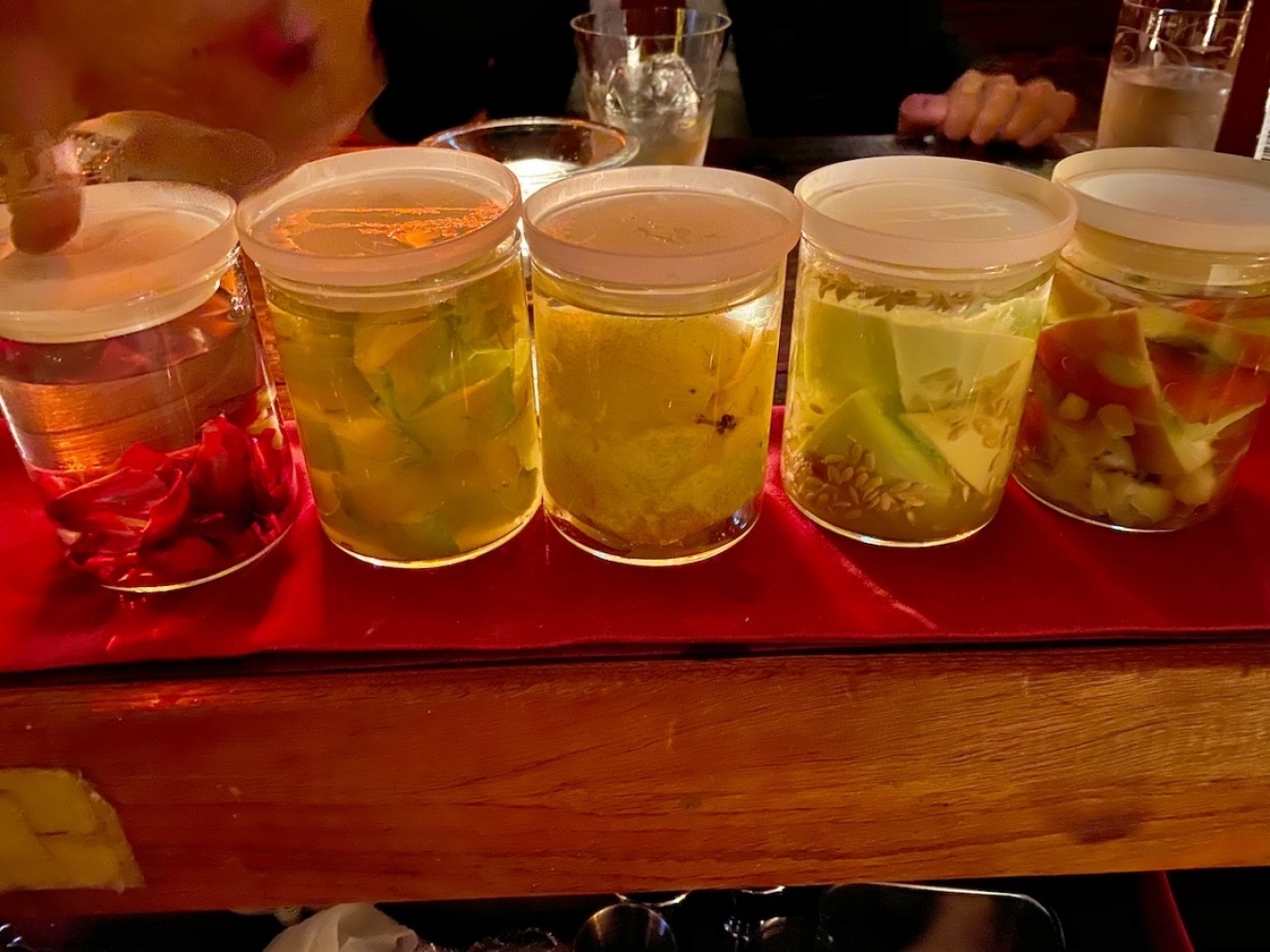
Since his bartending days, he has been experimenting with different herbs and fruits in liqueurs to bring out their aromas and flavours. From left to right: sordidum, avocado, star fruit, melon and dragon fruit.
I was impressed by the "local booze" culture in Vancouver.
At the time of his stay in Vancouver as a bartender, the local craft movement had arrived and a number of small, locally produced and consumed distilleries and breweries were beginning to operate.
When he visited these brewers, he was overwhelmed by the rich local flavour of their brews.
All the brewers were using local ingredients and making the most of the local climate to produce sake with a rich regional flavour, which was loved by the local people and had taken root in the area.
In particular, herbal liqueurs, which draw out the aromas of herbs, fruits and other ingredients, directly express regional characteristics.
I came into contact with the culture of herbal liqueurs, which can express the diverse flavours of each region, and I thought that one day I would like to brew local sake in my hometown (......), which is how I started the brewery.
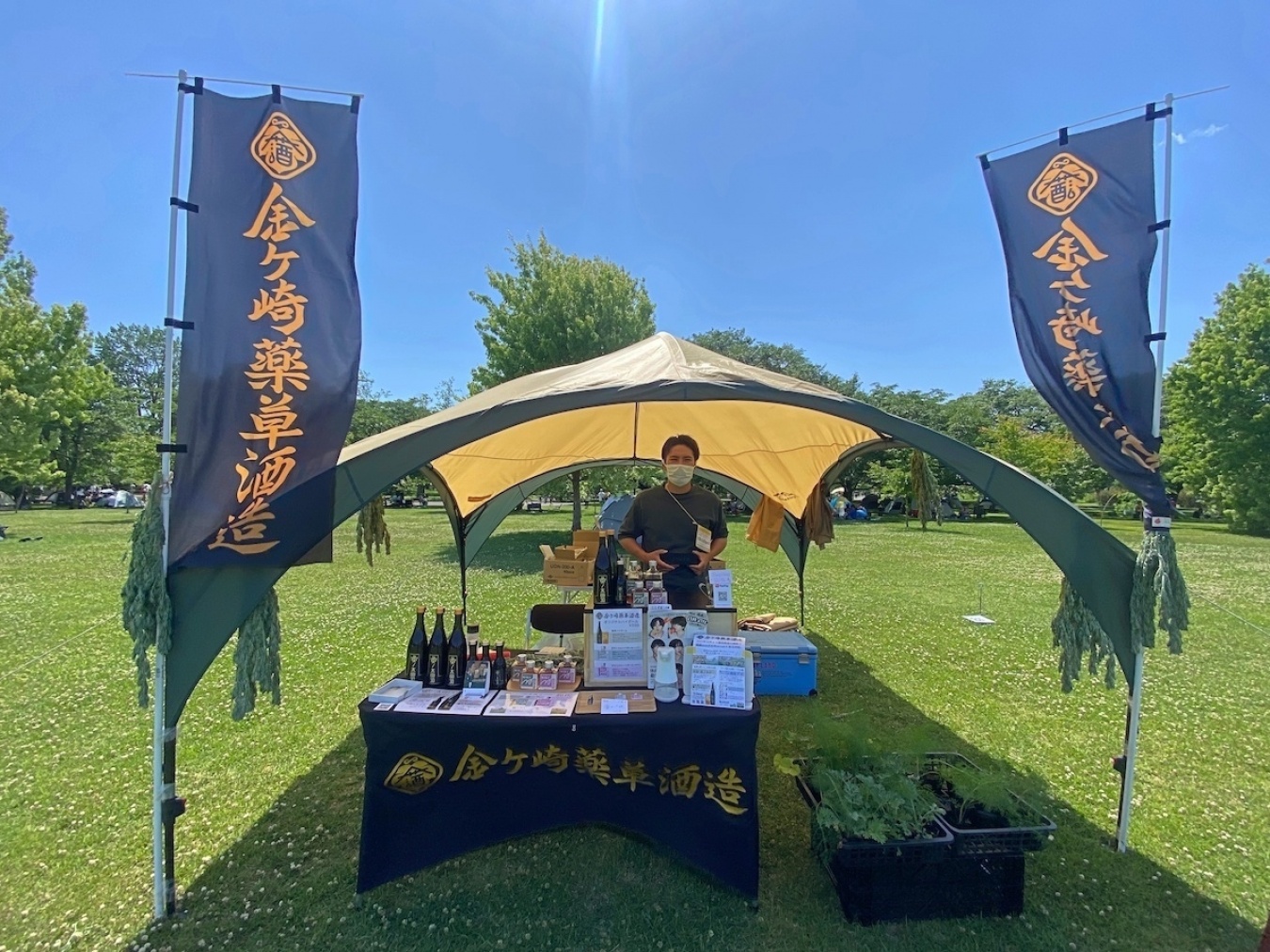
The company has a steady presence at local events, offering ways to drink and taste liqueurs to a wide audience.
Although the concept of 'utilising local resources and proposing a liqueur culture such as aperitivo and amaro' was firmly established, Iwate is a sake cultural area, as it is also a rice-producing region.
There was a lot of concern around the company as to whether liqueurs would take root in Iwate (......).
When we first started up, people were put off by the mere mention of liqueur. They said they didn't know how to drink liqueurs.
We wanted to propose liqueurs as a new drink to the general public and the younger generation, who we believe are becoming less and less interested in alcohol, so we decided to start with the low-alcohol Wafana, which can be enjoyed in small quantities straight or on the rocks style."
We promote the product steadily by opening stalls at local events and selling it by hand. We suggested that there were other options besides draught beer, and the drink has now become so firmly rooted in the local area that people buy it as a gift or as a souvenir of Kanegasaki.
'If you think of it as a way of gradually introducing people to the taste of these lighter liqueurs, and eventually getting them into the world of Western-style alcohol, and creating a culture of herbal and herbal drinks in Kanegasaki......, it might be the same as serving customers at a bar.'
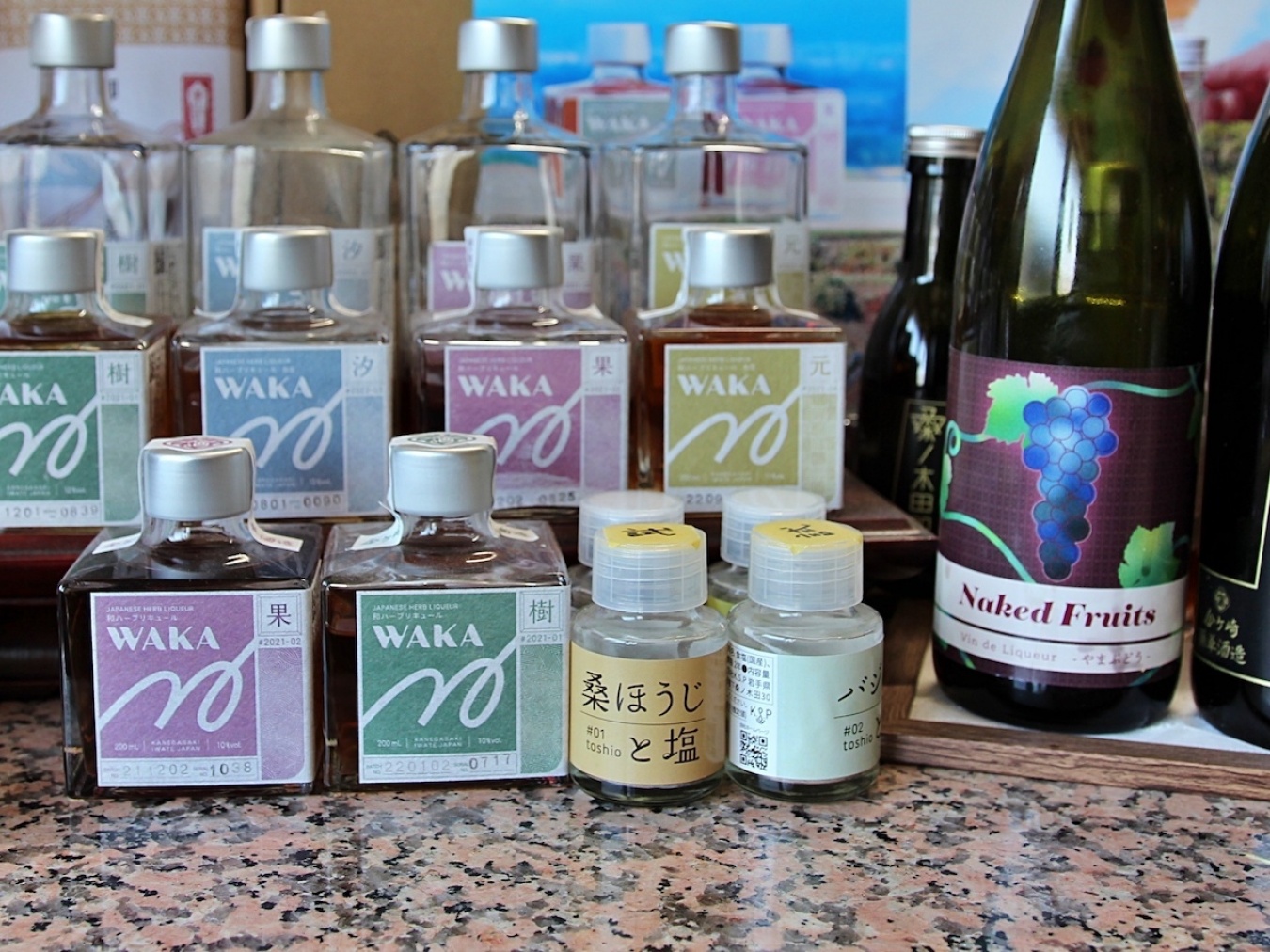
The Kanegasaki Yakuso Distillery currently has 15 liqueurs in its line-up that express "terroir". In addition, the company undertakes one or two OEMs per month.
Craft liqueurs are a gateway to Western wine culture.
In recent years, craft liqueur makers such as Kanegasaki Yakuso Distillery have emerged in Japan. Against this background, what do you think of the potential of liqueurs in the future?
I believe that liqueurs are more accessible to consumers than gin, as they have no restrictions and a wider range of flavours.
As a maker, it is also attractive because it is easy to appeal to consumers on how they can drink it.
If the number of players in the country increases, that market could grow in the future.
We want to make people aware of the culture of liqueurs and aperitifs, and we hope to make our presence known in the market as one of those players."
It is also important to appeal to the younger generation, especially in a rural area like Kanegasaki.
'Liqueurs are an easy gateway to Western liquor culture. Not long ago, Cassis liqueur and Kahlua were the entry point, but now Japanese craft liqueurs can play that role.
While the younger generation is said to be losing interest in alcohol, the catchword "Japanese craft" may help them to become more familiar with alcohol.
That's why I feel liqueurs have great potential.
It's a dream come true to propose a new style of drink for the next generation.
Kanegasaki Yakuso Distillery proposes a new lifestyle in which liqueurs are part of everyday life, without being confined to the boundaries of 'Japan' or 'bars'.
The company has plans to export to Italy, the home of the aperitivo, and is also planning to conduct sales promotions in Taiwan.
SHOP INFORMATION
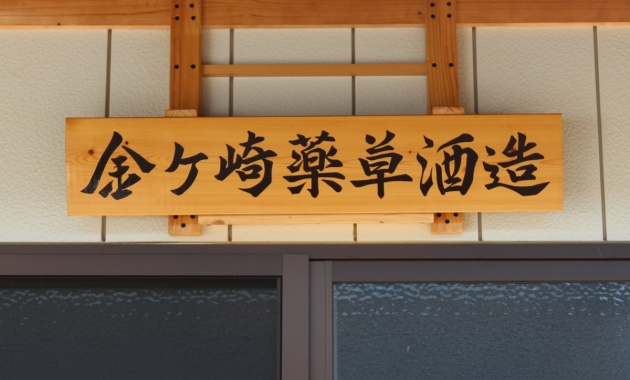
|
 |
|---|---|
| KANRGASAKI Herb Distillery 金ケ崎薬草酒造 |
|
|
岩手県胆沢郡金ケ崎町西根下桑ノ木田30番地 TEL:080-4510-4636 URL:https://www.kspyakusou.com |
- DRINK PLANET >
- PICK UP >
- A gateway to Western liquor culture? The future of craft liqueurs in Iwate. - Part 2 -
![[Drink Planet] Cocktail portal site for bartenders](/img/common/logo.png)
![[Drink Planet] Cocktail portal site for bartenders](/img/common/logo-l.png)
